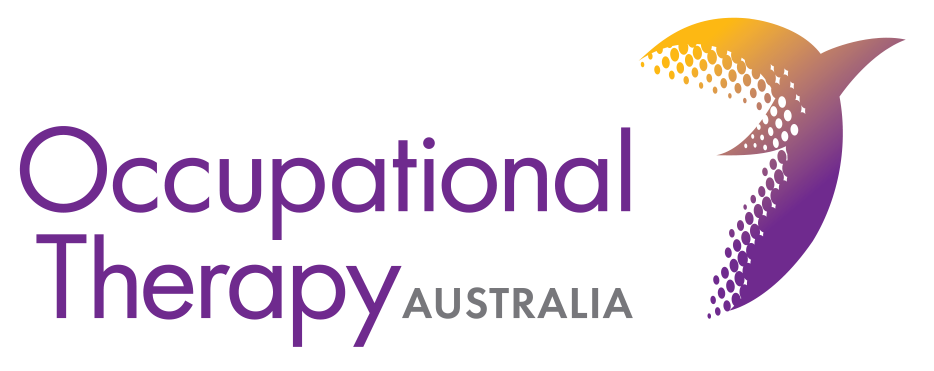Working with Children
Occupational therapists work with paediatric clients (i.e. children and adolescents) with any condition, disability or impairment that affects their ability to perform the everyday activities of life. These conditions can include:
- Neurological conditions (e.g. cerebral palsy)
- Acute medical, surgical and orthopaedic conditions
- Physical disabilities (e.g. spina bifida)
- Developmental delay and disabilities
- Sensory and attention issues
Occupational therapists work in partnership with the young person, their parents and other important people in the their life, such as their doctor, teacher and other health professionals. The occupations of young people are centred around play and learning, and include getting dressed, eating, going to school, making friends and being part of a club or group. Occupational therapists working in paediatrics:
- Help children achieve their developmental milestones such as fine motor skills and hand-eye coordination to help with play, school or independent skills (e.g. throwing a ball, getting dressed, holding a pen or utensil)
- Educate and involve parents, carers and others to facilitate the development and learning of children
- Help children with developmental delays learn everyday tasks (such as bathing, getting dressed, brushing their teeth, and feeding themselves)
- Help children with behavioural issues maintain positive behaviours in all environments (e.g. instead of hitting others or acting out, using positive ways to deal with anger, such as writing about feelings or participating in a physical activity)

